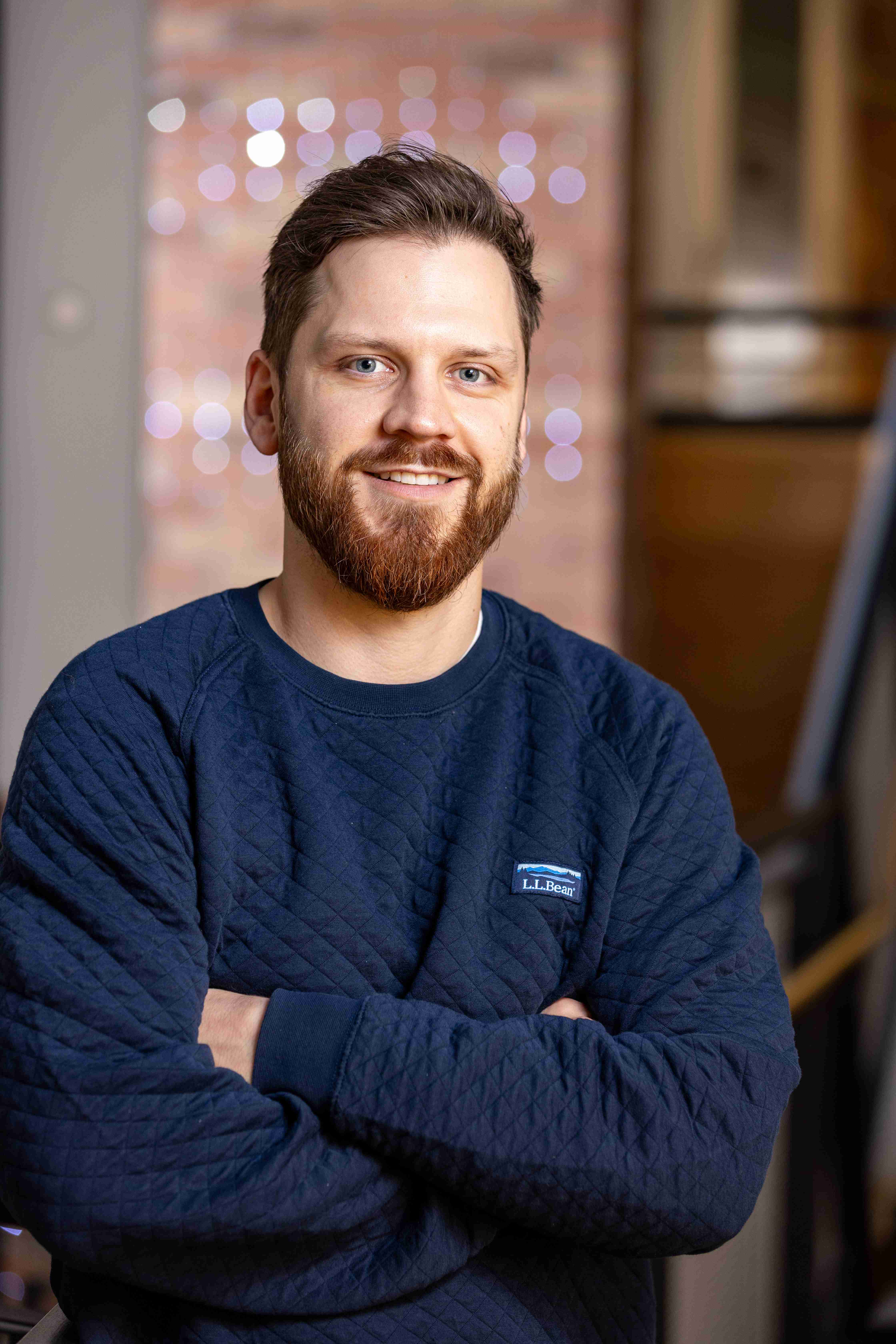|
Open Positions We are always looking for talented individuals with a computational background to join us for an internship, rotation, Bachelor's, or Master's thesis. If you're interested in opportunities within our group, feel free to reach out via email! Two Open Postdoc Positions until March 31st 2026 Health and Life Science Alliance - Interinstitutional Postdoc Program 2026 We are seeking two highly motivated postdoctoral researchers to join our team through the Health and Life Science Alliance Postdoc Program 2026! In the current call we are proposing two exciting directions in collaboration with the Furlong lab (EMBL) and the Dieterich lab (University Hospital HD).
For more information please visit the Health and Life Science Alliance homepage The Alliance offers funding for two-year postdoctoral positions.
Application deadline: March 31st, 2026 PhD positions to decode the post-transcriptional and translational cis-regulatory code with deep learning We are looking for a highly motivated PhD candidate with a Master's degree in Computer Science, Computational Biology, Bioinformatics, or a related field to join our team! A strong background in computational biology and machine learning, particularly with PyTorch or similar deep learning frameworks, is essential. If you have experience in deep learning for genomics, this is an exciting opportunity to investigate the cis-regulatory syntax of the transcriptome at both post-transcriptional and translational levels. Your work will contribute to the interpretation of disease-associated non-coding variants, help uncover their mechanisms of action, and elucidate their relevance for human health. It will also advance our understanding of the principles governing post-transcriptional and translational gene regulation, with the long-term goal of applying these insights to the design of synthetic regulatory elements. If this sounds like you, we'd love to hear from you!
|
